Research&Trends

Savor Develops Revolutionary Butter Prototype from CO2 and Hydrogen
California-based startup Savor has developed a butter prototype made from CO2 and hydrogen that reportedly offers the taste and functional properties of dairy butter. Utilizing an innovative thermochemical method, Savor extracts CO2 from the air and hydrogen from water, then heats and oxidizes them to create various oils, primarily butter. This method represents a significant step in sustainability, providing an environmentally friendly alternative to traditional oil production techniques.
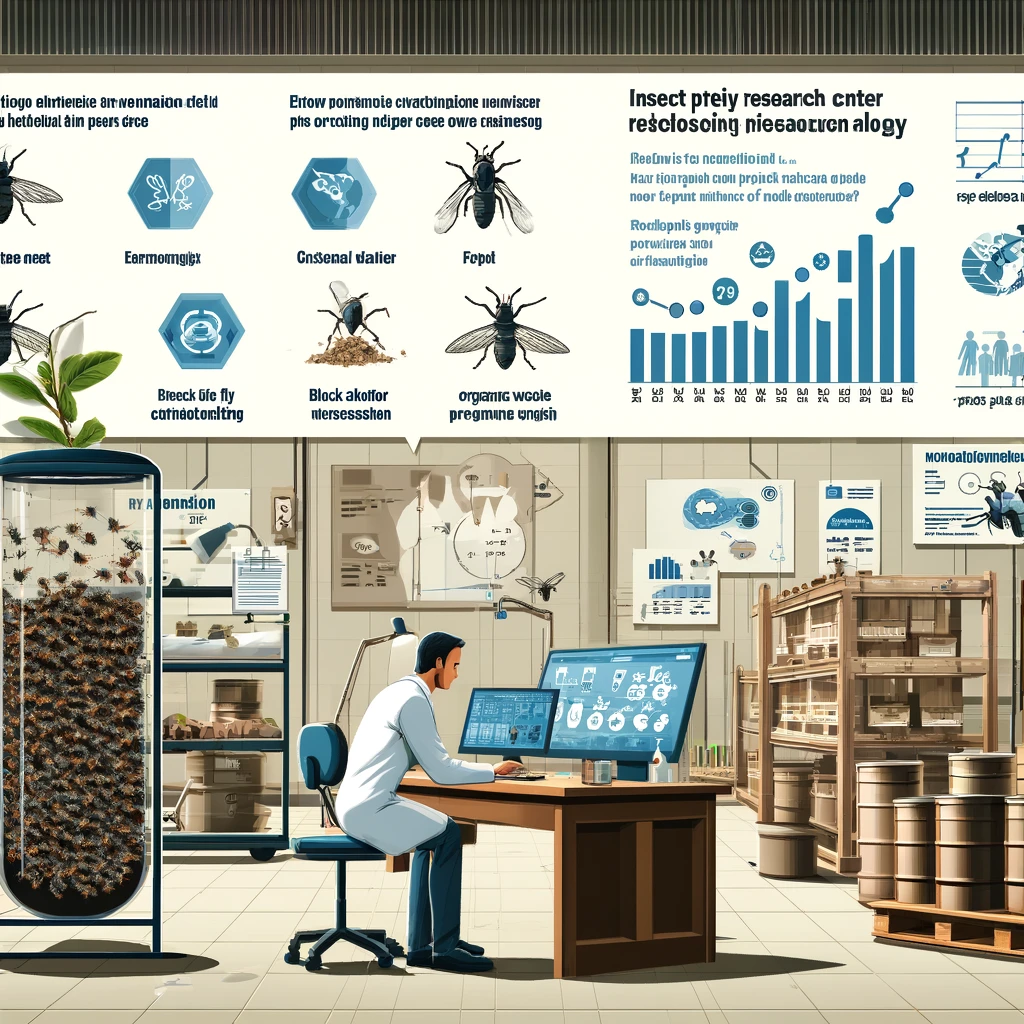
Bühler and NRGene Open Major Insect Protein Research Center in Canada
Swiss-based technology group Bühler and the Canadian subsidiary of Israel-based NRGene Technologies Ltd., NRGene Canada, have opened a major insect protein research center in Canada. This project is seen as a milestone in North America for insect production and optimization. The North American Insect Center (NAIC) is designed as a research and demonstration center where customers can assess the performance of black soldier fly strains for their specific products. Black soldier flies and their larvae offer potential as high-protein food sources and fertilizers by consuming organic waste, making their production a promising solution to waste management and protein scarcity issues.
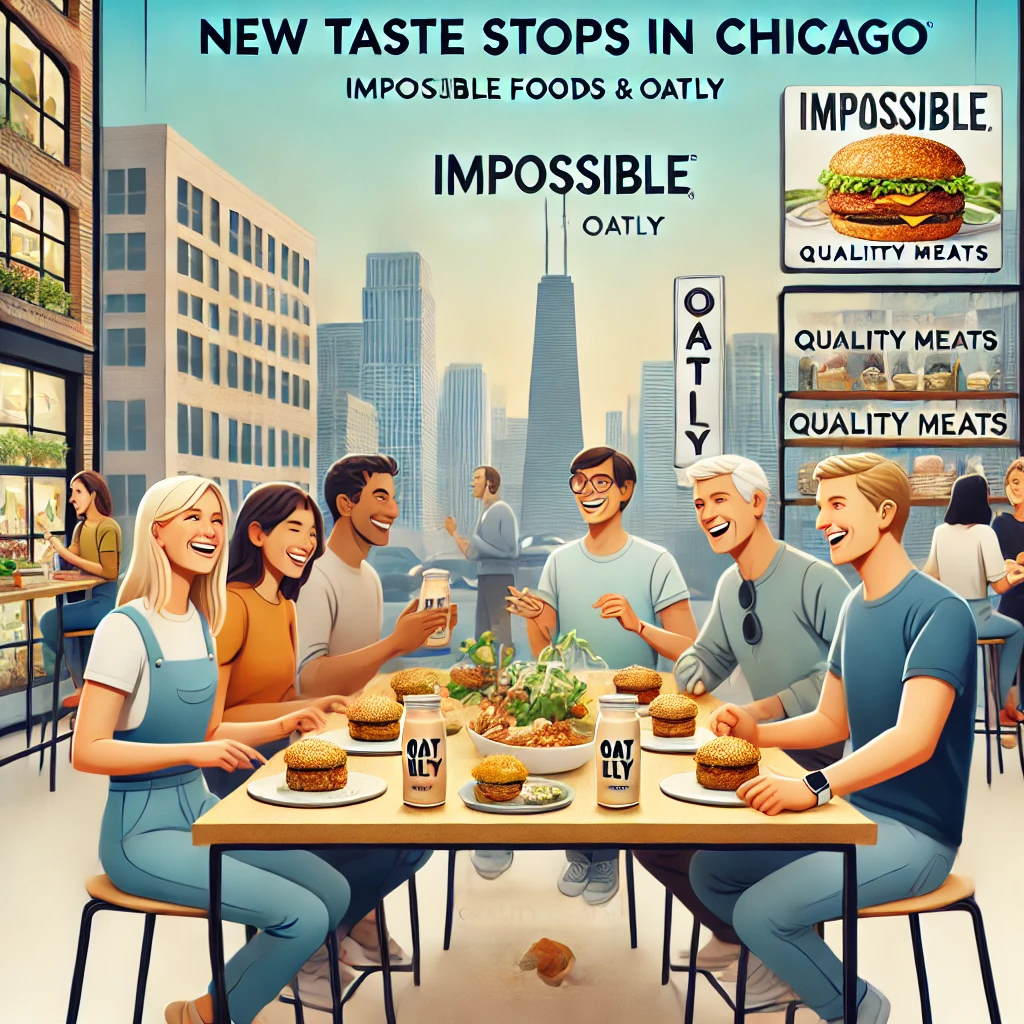
Impossible Foods and Oatly Open New Pop-Up Restaurant in Chicago
Impossible Foods has collaborated with Oatly to open a new pop-up restaurant named “Impossible Quality Meats” in Chicago. The restaurant will showcase a diverse menu centered around Impossible’s plant-based beef, chicken, and pork products. Additionally, the menu will feature Oatly’s oat milk-based ice cream as a dessert option. This partnership aims to bring plant-based dining to a broader audience.
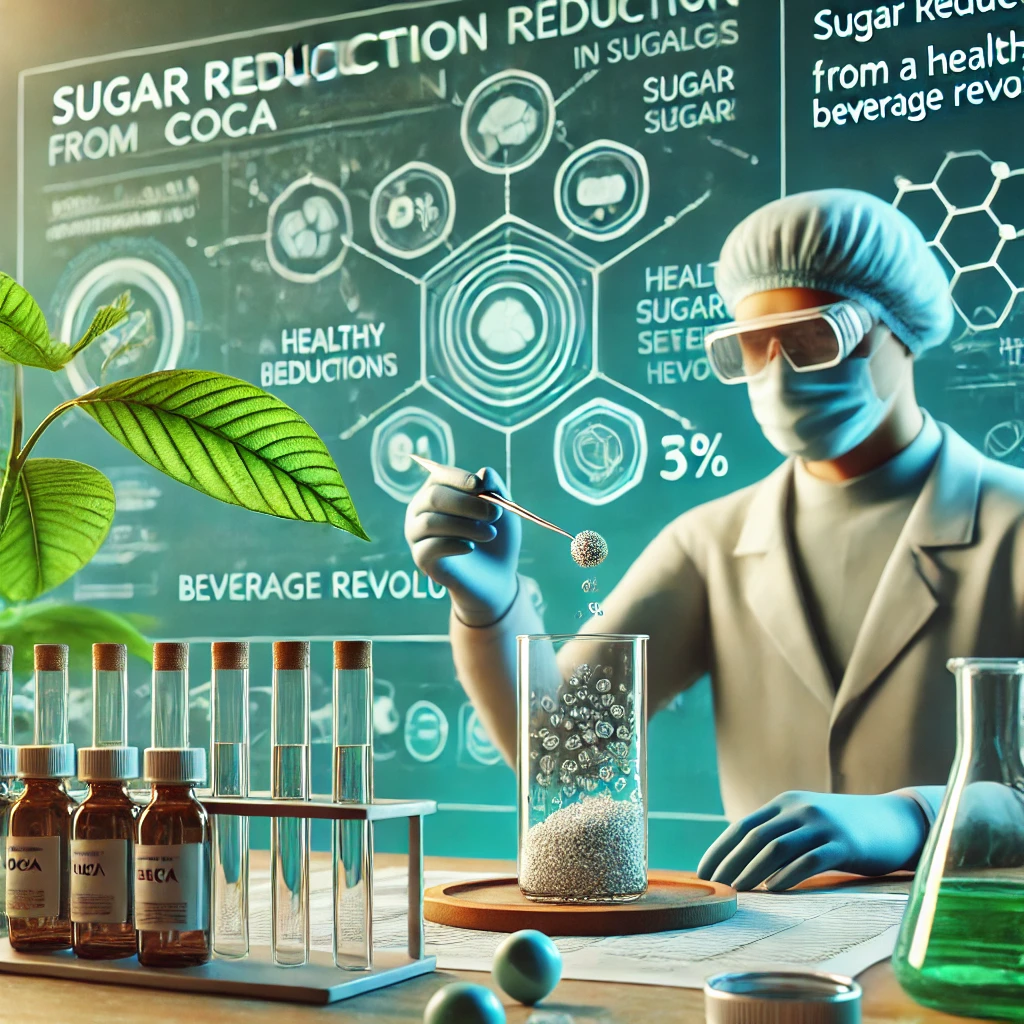
Sugar Reduction Technology from Coca Leaves
While the coca plant is most commonly known for containing the psychoactive alkaloid cocaine, its decocainized form is used to flavor Coca-Cola. Canadian-based Power Leaves claims to reduce sugar content in beverages by up to 40% using an ingredient developed from coca leaves, which are extracted with ethanol and pure water. In this process, coca alkaloids are completely eliminated, allowing the plant to serve a purpose entirely separate from drug trade and sugary drinks.
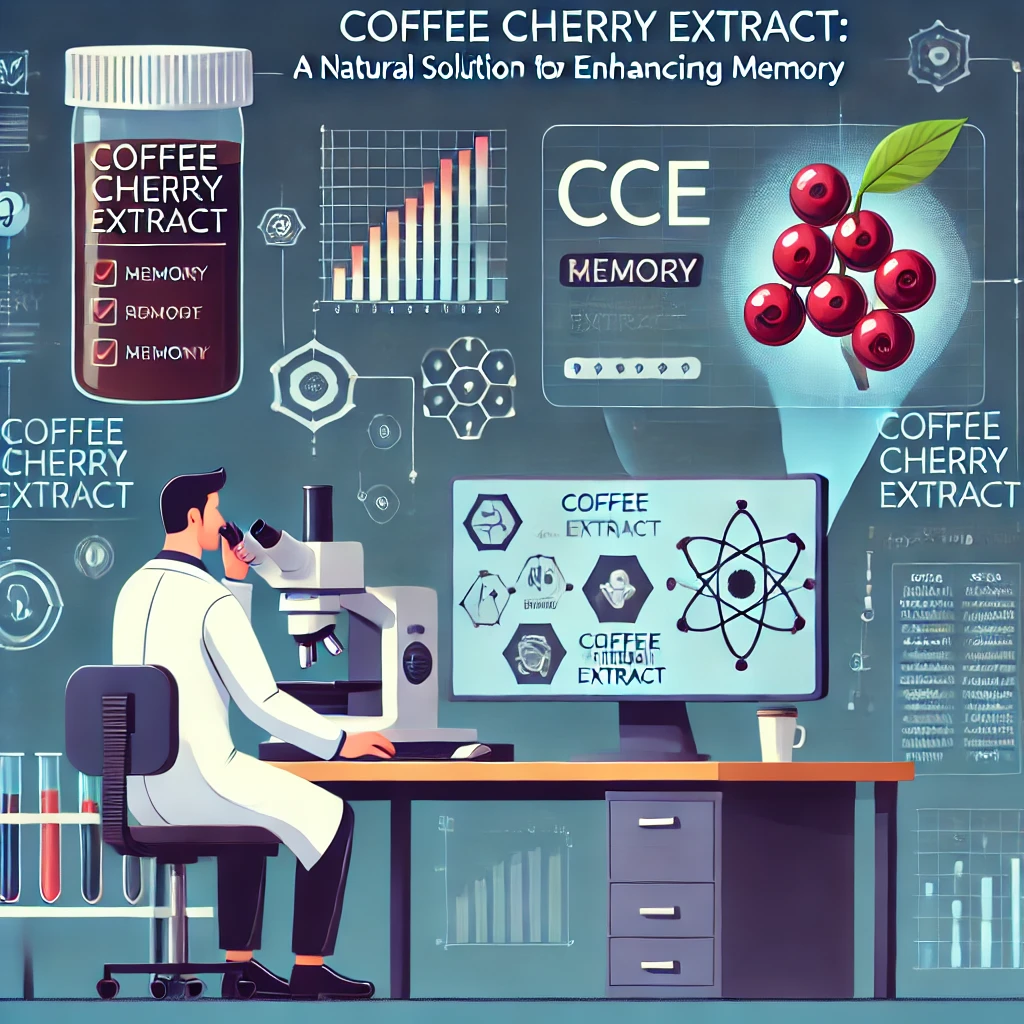
Coffee Cherry Extract Found to Enhance Memory in Middle-Aged Americans
A new clinical study has found that coffee cherry extract (CCE) may enhance memory in middle-aged Americans. Conducted by Auburn University and VDF FutureCeuticals, the study revealed that participants who took coffee cherry extract performed better on cognitive tests compared to those who received a placebo. These findings support the potential benefits of CCE on brain health, particularly in improving focus and attention.
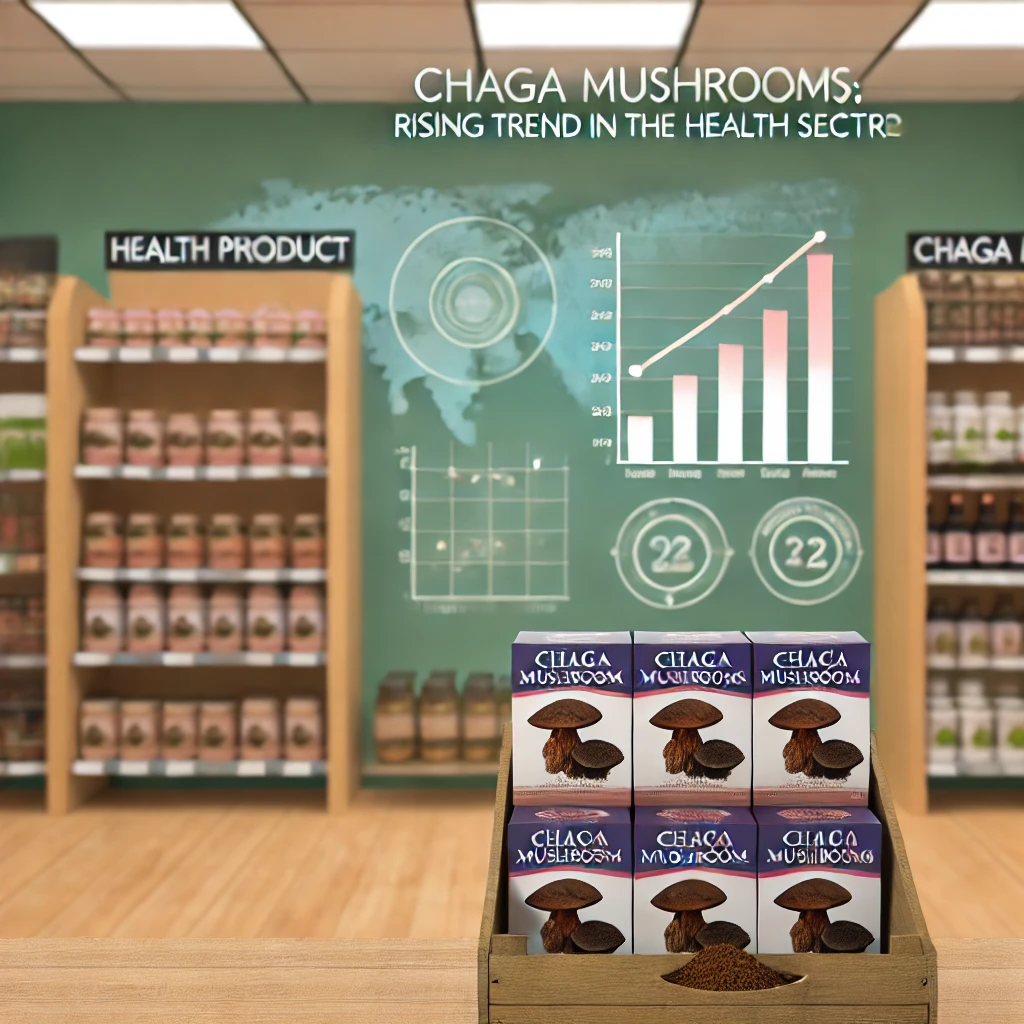
Chaga Mushrooms Market Expected to Reach $2.1 Billion by 2034
Rich in antioxidants and phytonutrients, chaga mushrooms are expected to show significant market growth, reaching $2.1 billion by 2034. Traditionally used in Asia as an immune booster and for treating conditions like diabetes, these mushrooms are being integrated into various products, particularly in tea forms. Despite challenges such as high costs and potential side effects, consumer interest in healthy lifestyles is driving demand. Leading industry players are focusing on product quality and clinical trials to highlight health benefits.
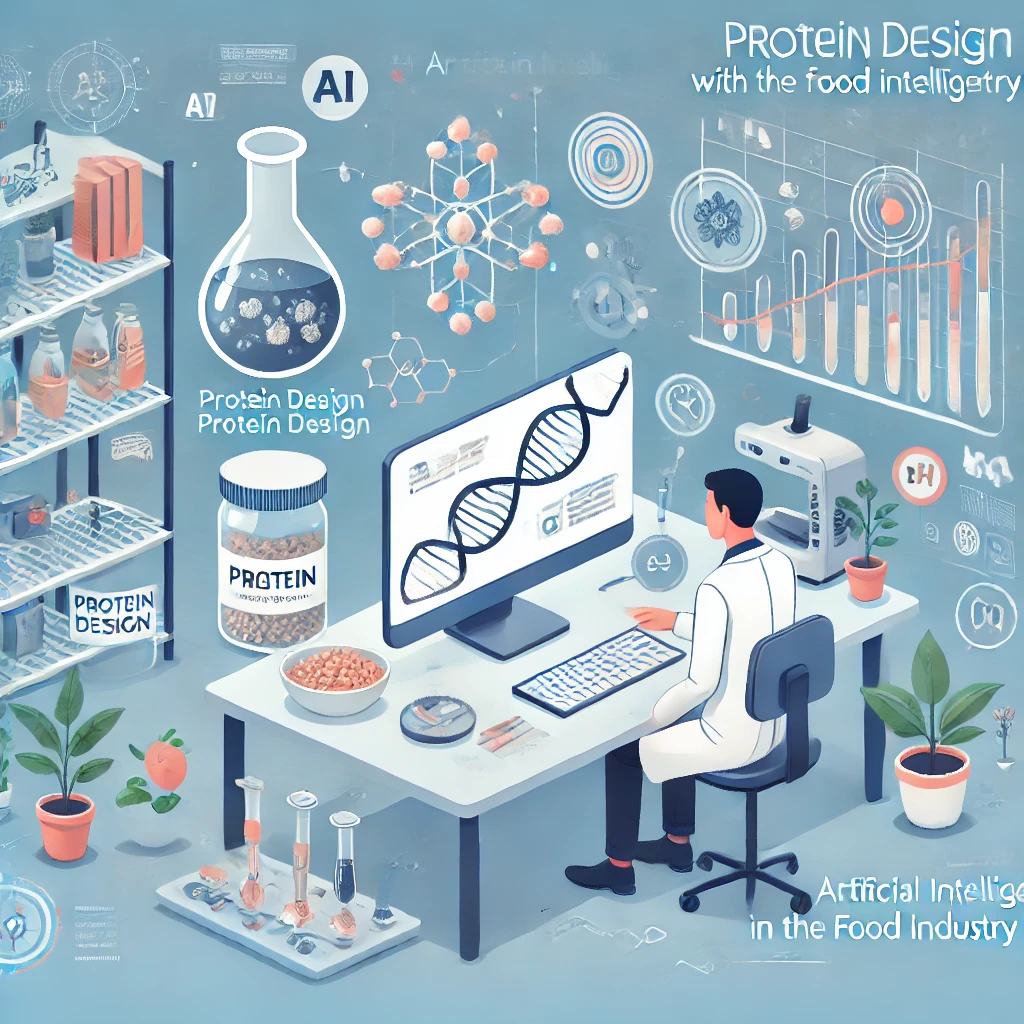
AI and Synthetic Biology Expand Protein Functions in the Food Industry
Artificial intelligence and synthetic biology are expanding the functionalities of proteins in the food industry. Ventures are using AI technology to enhance the functionality of plant-based meats, produce flavoring proteins, and design specialized proteins for various applications. Companies like Cradle are enabling proteins to gain new properties through generative AI, thereby improving product quality and functionality and offering innovative solutions in the food industry.
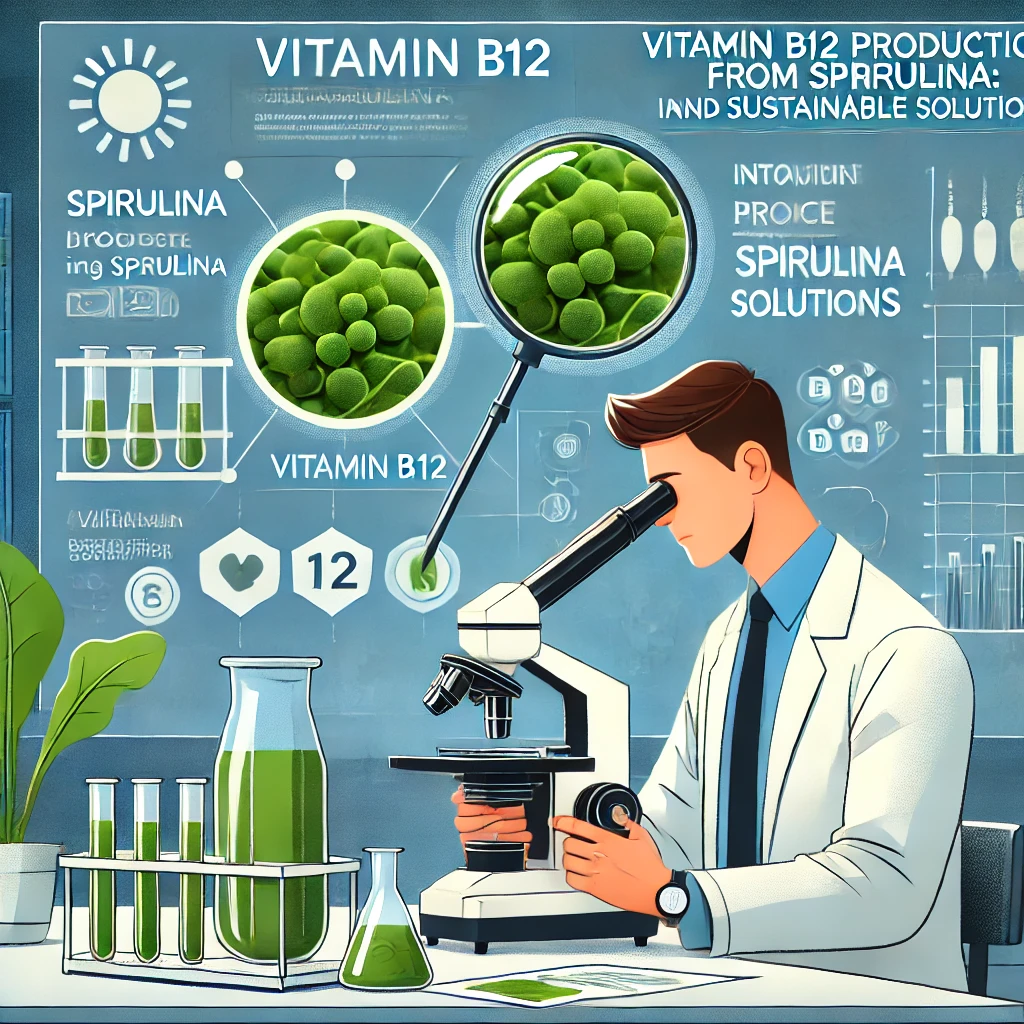
Scientists Succeed in Producing Vitamin B12 from Spirulina
Scientists have succeeded in producing vitamin B12 from spirulina. A team led by Asaf Tzachor from Reichman University in Israel demonstrated that spirulina controlled through photosynthesis can produce high levels of bioactive B12 vitamin. This innovation can be used to fortify plant-based meat and dairy products and offers a sustainable alternative for addressing B12 deficiency.
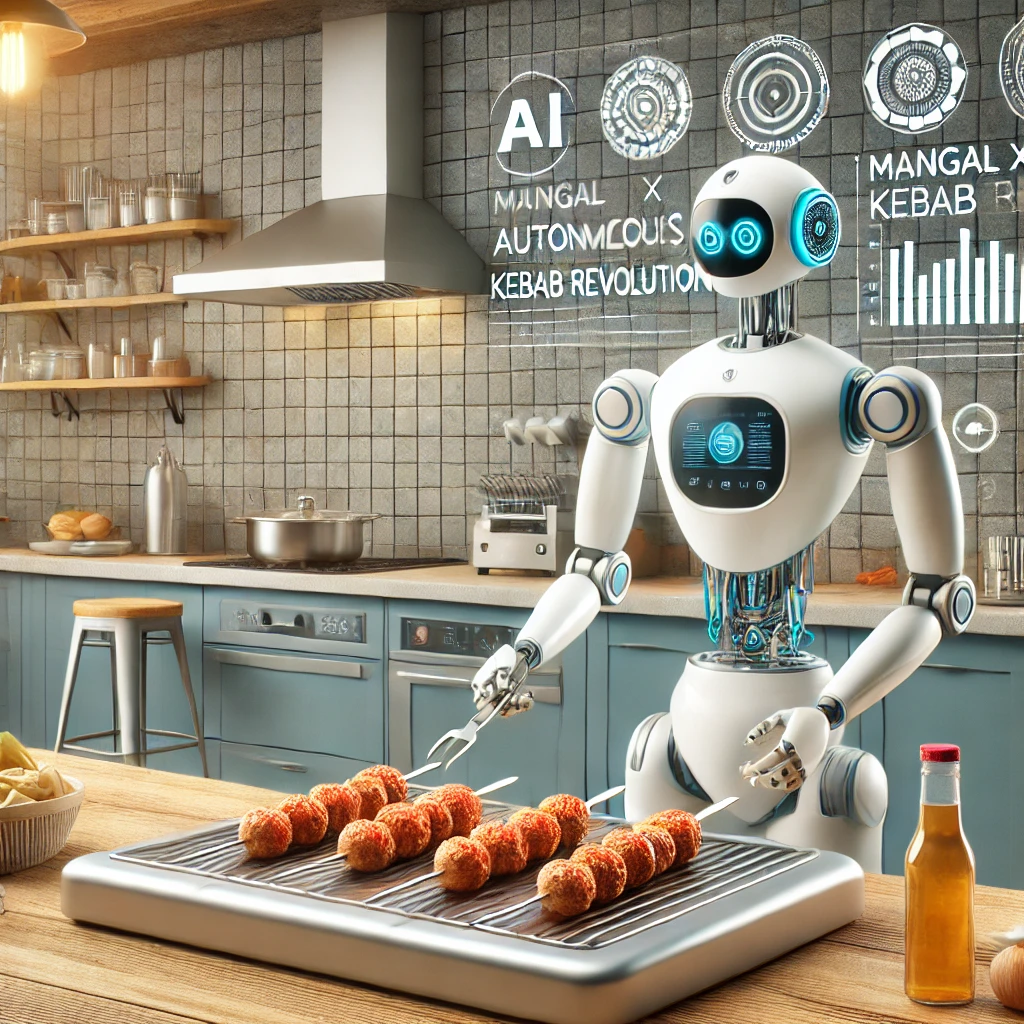
Lukas Podolski’s Mangal x LP10 to Launch Autonomous Kebab Robots
Lukas Podolski’s kebab franchise, Mangal x LP10, in collaboration with Circus Group, will launch 2,400 autonomous food robots across Germany and Europe starting in 2025. This initiative will establish the world’s first fully autonomous kebab shop. With a potential revenue of approximately 400 million euros, the project aims to increase efficiency in food production using AI robotic technology. The first autonomous store is planned to open in the Cologne/Düsseldorf area, aiming to set a global benchmark by merging Turkish cuisine with advanced technology.

NONGZAO Offers Sustainable Alternatives to Plastic Products Using Mycelium
The Chinese design studio NONGZAO, through their project named CONSUMER, is offering sustainable alternatives to plastic products by utilizing mycelium and agricultural waste. The designers cultivate mycelium from coffee grounds and rice husks, transforming plastic furniture and lighting products into biodegradable and unique objects. This project aims to provide an aesthetic and environmentally friendly solution against the monotony of mass plastic production.



